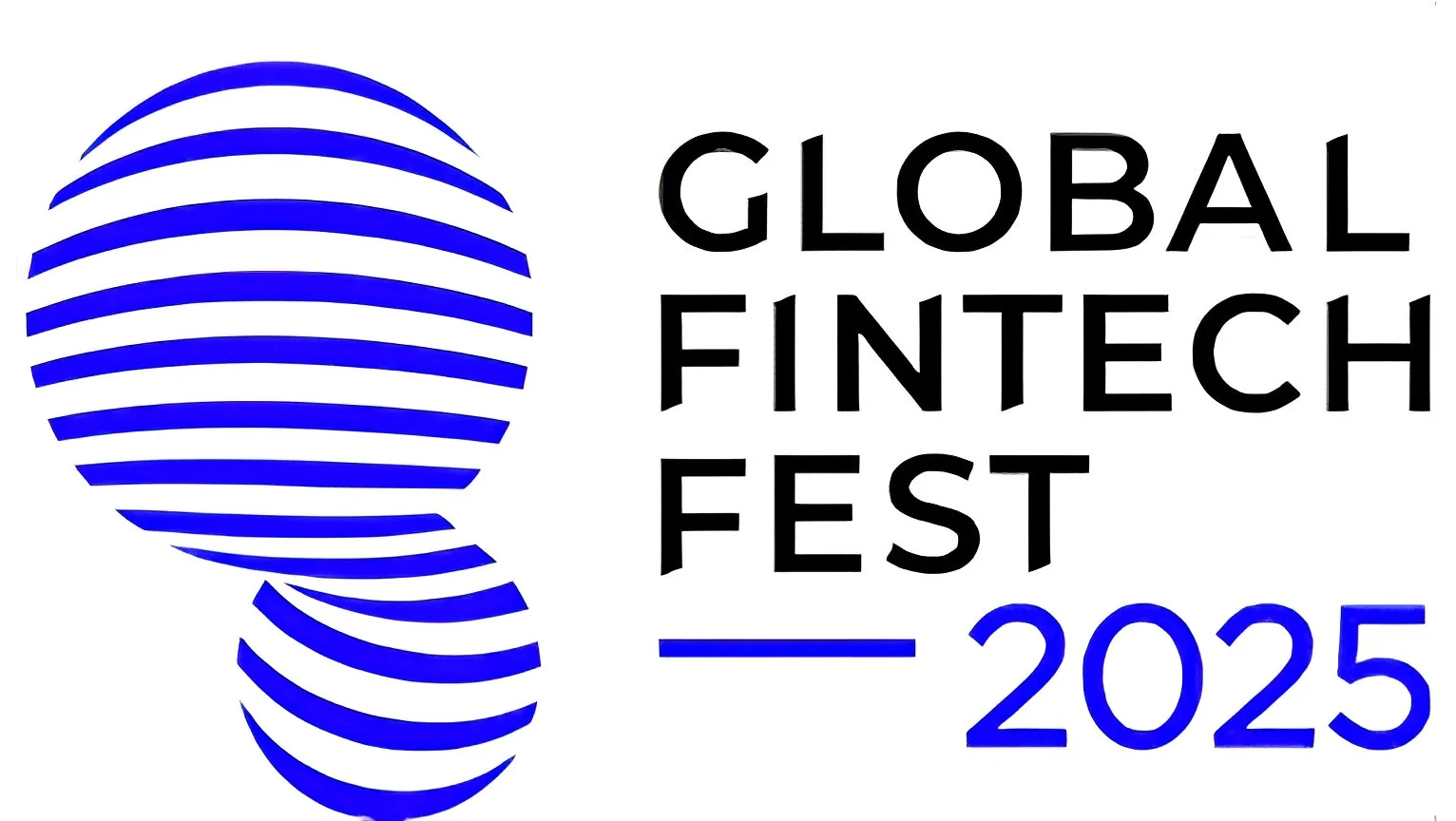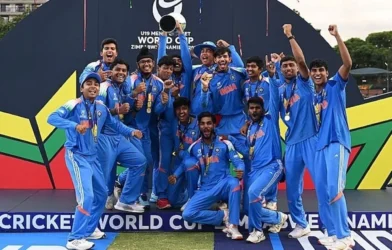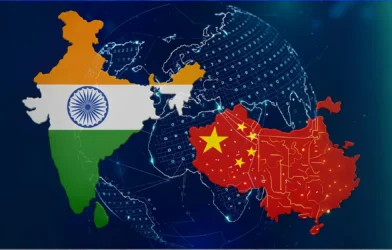Author: Aarya Shah | EQMint | Opinion
The curtains came down on the Global Fintech Fest (GFF) 2025 in Mumbai after three days of remarkable innovation, collaboration, and thought leadership. While Day 1 set the tone with visionary speeches and future-forward insights, Days 2 and 3 transformed the conversation into tangible outcomes — from policy discussions and startup showcases to global partnerships that promise to reshape India’s financial landscape.
Day 2: From Dialogue to Deals
Day 2 of GFF saw a surge in energy as the focus shifted to sector-specific breakthroughs in digital payments, lending, cybersecurity, regtech, and ESG-based finance. More than 600 exhibitors displayed their latest fintech solutions, from AI-powered compliance tools to next-generation payment gateways and digital identity systems.
Investors and startups met face-to-face in curated networking sessions, leading to several investment announcements and partnership deals. Early-stage fintech firms were given the spotlight in the “Pitch Arena,” where they presented live to panels of venture capitalists and institutional investors.
The theme of inclusion continued to resonate strongly. Panels explored how artificial intelligence can democratize access to credit, simplify cross-border transactions, and make financial systems more resilient. Government officials, regulators, and financial leaders participated in open discussions, bridging the gap between policy and innovation.
Beyond the panels, the expo floor buzzed with activity as delegates, founders, and investors engaged in live demos and collaborations. The conversations reflected a collective determination — to make fintech not only profitable but also purposeful for India’s growth.
Day 3: Awards, Hackathons, and a Visionary Wrap-Up
If Day 2 was about business, Day 3 was about breakthroughs. The concluding day celebrated India’s young innovators through a series of hackathons focusing on rural fintech, regtech, and AI in banking. Teams from across the country presented prototypes that addressed real-world problems — from simplifying rural credit systems to building digital infrastructure for underserved communities.
The Global Fintech Awards 2025 brought the festival’s most inspiring moments, recognizing companies and individuals who pushed boundaries in financial inclusion, sustainability, and technology. Startups that began as small teams in local incubators stood proudly beside established global players, proving how far India’s fintech ecosystem has evolved.
The grand finale featured closing addresses by key global leaders and policymakers, underscoring India’s central role in shaping the next wave of financial innovation. The discussions highlighted how digital public infrastructure, artificial intelligence, and regulatory collaboration are set to define India’s financial decade ahead.
Record Attendance and Global Recognition
This year’s edition of GFF achieved a record milestone with over 100,000 participants from more than 100 countries, including regulators, investors, entrepreneurs, and policymakers. Over 800 global speakers and 5,000 companies took part, making GFF 2025 one of the largest fintech gatherings in the world.
More than an event, GFF emerged as a platform for action. It facilitated cross-border partnerships, inspired new funding opportunities, and strengthened India’s positioning as a global fintech powerhouse. Several Indian startups reported that meetings held during GFF opened doors for international expansion and strategic collaborations.
How GFF Benefited India
For India, the outcomes of the Global Fintech Fest extend far beyond three days of discussion. The event showcased how fintech can support the government’s Digital India, financial inclusion, and Make in India missions.
-
- Boost to the startup ecosystem: Exposure to global investors and direct policy feedback helped Indian founders refine their products and access new markets.
-
- Collaboration over competition: Regulators, banks, and fintechs explored joint models for faster financial inclusion.
-
- Technology adoption: The focus on AI, ESG finance, and embedded financial solutions accelerated innovation in traditional sectors.
-
- Sustainable growth: With an emphasis on clean technology and data transparency, the event highlighted how fintech can also drive environmental and social change.
Addressing Environmental Concerns
While the excitement around the festival was undeniable, it also brought attention to the environmental cost of large-scale events. Mumbai’s busy Bandra-Kurla Complex saw heavy traffic and increased emissions during the festival days. Organizers took steps to minimize the impact by promoting public transport, digital ticketing, and recycling initiatives.
Still, experts suggested that future editions of GFF could integrate carbon offsetting measures and green infrastructure to ensure sustainability goes hand-in-hand with innovation. India’s commitment to green finance and clean technology should extend beyond policy into event execution itself.
A Turning Point for India’s Fintech Journey
As the final lights dimmed at GFF 2025, the sentiment among participants was unanimous — India’s fintech story has entered its most defining chapter yet. The festival demonstrated that the country is not just a consumer of global technologies but a creator, innovator, and leader in shaping the financial systems of tomorrow.
With billions of digital transactions occurring every month and a rapidly expanding fintech ecosystem, GFF 2025 proved that India’s blend of innovation, inclusion, and intent is setting a new global benchmark.
From startups to regulators, from investors to innovators — every voice at GFF 2025 contributed to one message: the future of finance is here, and it’s Made in India.
Disclaimer: This article is based on information available from public sources. It has not been reported by EQMint journalists. EQMint has compiled and presented the content for informational purposes only and does not guarantee its accuracy or completeness. Readers are advised to verify details independently before relying on them.









